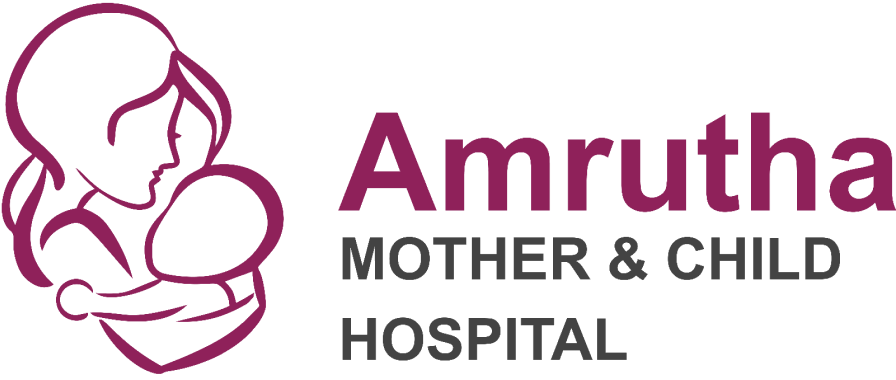Why Breastfeeding is Important
Breastfeeding is not only nature’s perfect way to feed your baby, but it also helps in establishing a foundation for a healthy life. It is strongly recommended by global health organizations such as the World Health Organization (WHO) and American Academy of Pediatrics (AAP) because breast milk contains antibodies, hormones, and essential nutrients designed specifically for a baby’s needs. It helps in protecting the baby against infections, diseases, and even future chronic conditions like obesity and diabetes.
The Benefits of Breastfeeding
1. For the Baby
Immune Boost: Breast milk provides natural antibodies that help build your baby’s immune system and reduce the risk of illnesses like ear infections, respiratory infections, and diarrhea.
Nutritional Excellence: Breast milk contains the perfect balance of fats, proteins, and carbohydrates needed for optimal growth.
Cognitive Development: Studies have shown that breastfed babies tend to have better cognitive development, leading to higher IQ scores later in life.
Lower Risk of Chronic Conditions: Babies who are breastfed are less likely to develop allergies, asthma, diabetes, and certain types of cancer.
2.For the Mother
Faster Recovery: Breastfeeding helps the uterus contract and return to its pre-pregnancy size faster, reducing postpartum bleeding.
Emotional Bonding: The act of breastfeeding promotes the release of oxytocin, a hormone that helps the mother bond with her baby and reduces stress.
Weight Loss: Breastfeeding burns extra calories, helping mothers return to their pre-pregnancy weight more quickly.
Lower Risk of Certain Cancers: Mothers who breastfeed have a lower risk of developing breast and ovarian cancers.
Challenges of Breastfeeding
While breastfeeding is a natural process, it can come with challenges, especially in the early days. Many new mothers experience latching issues, nipple soreness, and difficulties with milk supply. It’s important to know that these challenges are common and often temporary.
- Latching Problems: A poor latch can make breastfeeding uncomfortable and less effective for the baby. Seeking advice from a lactation consultant can help solve these issues early on.
- Milk Supply Issues: Some mothers may worry they are not producing enough milk. However, frequent feeding often helps stimulate milk production. Staying hydrated and maintaining a nutritious diet is key.
- Sore Nipples: Engorgement or improper latching can cause sore nipples, but using nipple creams or adjusting feeding techniques can provide relief.
- Returning to Work: For working mothers, breastfeeding can become more complicated once maternity leave ends. Many mothers turn to pumping to ensure their baby continues receiving breast milk.
Tips for Successful Breastfeeding
- Start Early: Begin breastfeeding as soon as possible after birth to encourage the milk to come in and to get the baby used to latching.
- Frequent Feeding: Feed your baby on demand, especially in the early days. Frequent feeding helps establish a good milk supply.
- Get Comfortable: Find a comfortable position for both you and your baby. Use pillows for support if needed.
- Stay Hydrated: Breastfeeding can be dehydrating, so make sure to drink plenty of water.
- Ask for Help: Don’t be afraid to seek support from a lactation consultant, pediatrician, or support group if you’re facing challenges.


